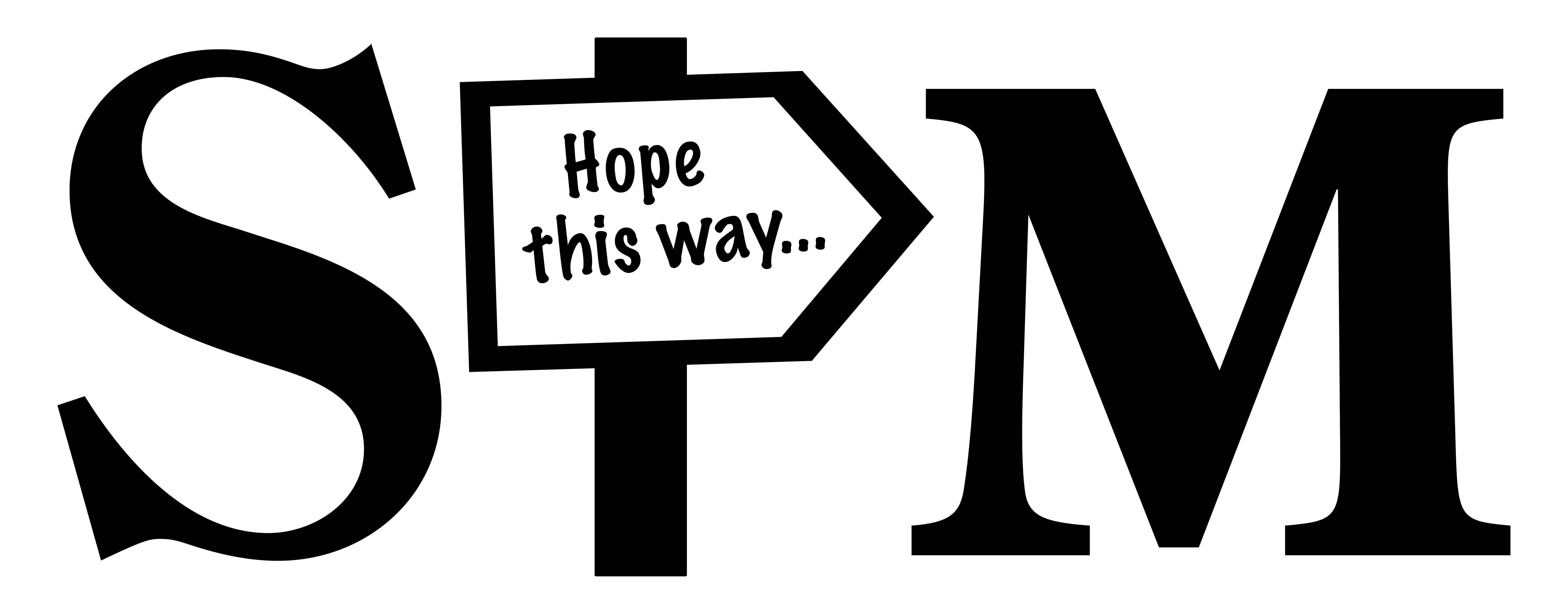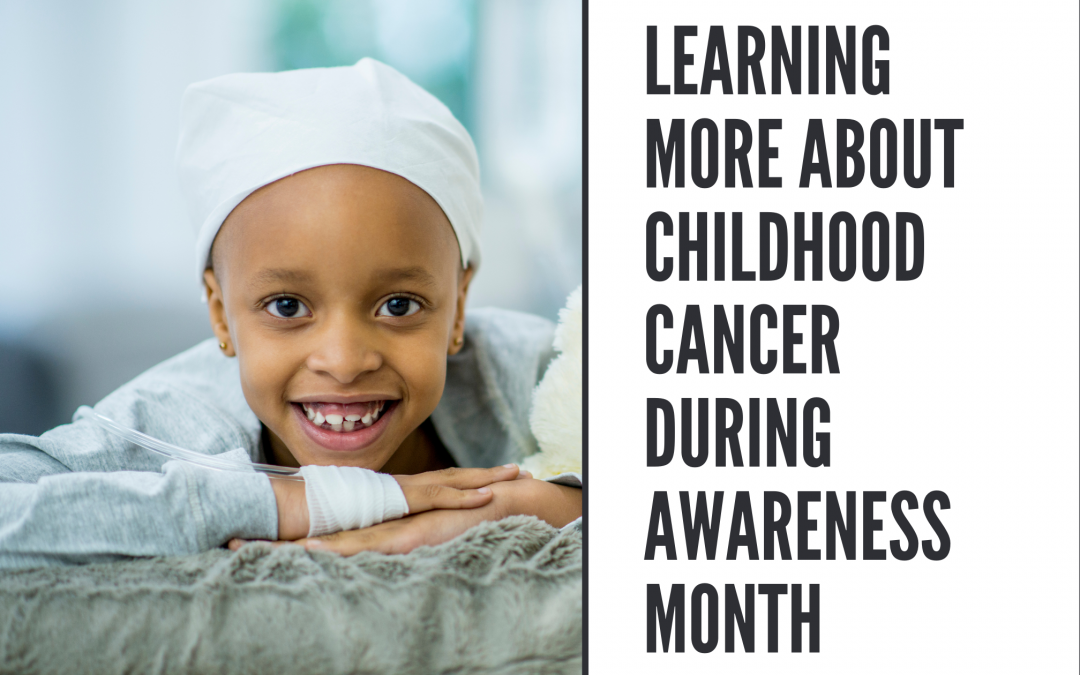Pediatric Cancer. Kids aren’t supposed to get cancer. It is an older person’s disease. September is National Childhood Cancer Awareness Month, and one of the goals is to change that false perception.
This false perception needs to be pointed out. Leukemias, brain & other central nervous system tumors, and lymphomas are the most common types of cancer diagnosed in children ages 0 to 14 years.
What causes these childhood cancers? It is not known. About 5% of all childhood cancers are reportedly caused by an inherited mutation (a genetic mutation passed from parents to their children).
- 43 children in the USA are diagnosed with cancer every day.
- 400,000 children and adolescents worldwide are diagnosed with cancer each year.
- Pediatric cancer is the leading cause of death by disease for children under the age of 14.
And still, only 4% of federal research dollars go to childhood cancer research and treatments!
There is More Than One Form of Treatment
When we talk about cancer treatments, there are many types. It mainly depends on the form of cancer your child has– and how advanced it might be.
Biomarker testing checks for genes, proteins, and other substances that can show cancer information.
https://www.cancer.gov/about-cancer/treatment/types/biomarker-testing-cancer-treatment
Chemotherapy is a type of cancer treatment that uses drugs to kill cancer cells.
https://www.cancer.gov/about-cancer/treatment/types/chemotherapy
Hormone therapy slows or stops the growth of breast and prostate cancers that use hormones to grow.
https://www.cancer.gov/about-cancer/treatment/types/hormone-therapy
Hyperthermia is a treatment in which body tissue is heated to as high as 113 °F to help damage and kill cancer cells with little or no harm to normal tissue.
https://www.cancer.gov/about-cancer/treatment/types/hyperthermia
Immunotherapy is a cancer treatment that helps an immune system fight cancer.
https://www.cancer.gov/about-cancer/treatment/types/immunotherapy
Photodynamic therapy uses light-activated drugs to kill cancer and other abnormal cells.
https://www.cancer.gov/about-cancer/treatment/types/immunotherapy
Radiation therapy is a type of cancer treatment that uses high doses of radiation to kill cancer cells and shrink tumors.
https://www.cancer.gov/about-cancer/treatment/types/radiation-therapy
Stem cell transplants restore stem cells that grow into blood cells. This procedure helps people who have had theirs destroyed by high doses of chemotherapy or radiation therapy
https://www.cancer.gov/about-cancer/treatment/types/stem-cell-transplant
Surgery is a procedure in which a surgeon removes cancer from the body. https://www.cancer.gov/about-cancer/treatment/types/surgery
Targeted therapy is a type of cancer treatment that targets the changes in cancer cells that help them grow, divide, and spread.
https://www.cancer.gov/about-cancer/treatment/types/targeted-therapies
Where Your Child Can Get Treatment
So, where can you take your child to receive specialized care? Best to talk to your child’s doctor. But to help you, we found a hospital ranking list by U.S. News. The data is from nearly 5,000 hospitals.
Among these were three North Carolina facilities.
- North Carolina Children’s Hospital at UNC in Chapel Hill, NC, is nationally ranked in 8 pediatric specialties. It is a children’s general facility. It is a teaching hospital.
- Duke Children’s Hospital and Health Center in Durham, NC, is nationally ranked in 9 pediatric specialties. It is a children’s general facility. It is a teaching hospital.
- Levine Children’s Hospital in Charlotte, NC, is nationally ranked in 8 pediatric specialties. It is a children’s general facility. It is a teaching hospital.
How You Can Help
Of course, you can always donate (thank you!). But, many people can’t afford to donate during the current economy. We checked out the National Pediatric Cancer Foundation. There are other options suggested.
Halloween is a time for you and any organizations or businesses you are associated with to scare up support. There are many opportunities to create and host Halloween-themed fundraising events and activities.
A Vehicle Donation Program is operated by The National Pediatric Cancer Foundation. What kind of vehicles do they take? Pretty much everything: cars, motorcycles, R.V.s, and trucks – even boats! Just call the Donor Support team at this toll-free number: 833-NPC-FKID (833-672-3543) seven days a week. The vehicle will be towed away at no charge to you. And you may even qualify for a tax deduction for the donation!
Do You Need Financial Assistance?
One last awareness point. What if you and your child need financial assistance? Are there organizations that might be able to help, and if so, where can you find them? Check out the National Cancer Institute database of Organizations that Offer Support Services and search for “financial assistance.” Or call toll-free 1-800-4-CANCER (1-800-422-6237) to ask for information on organizations that may help.
This post was written by ANTHONY M. SCIALIS. You can find him HERE.

